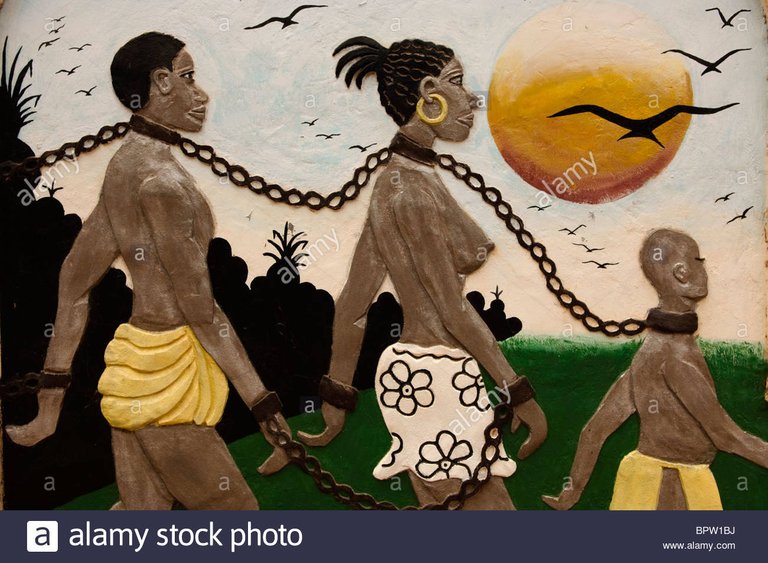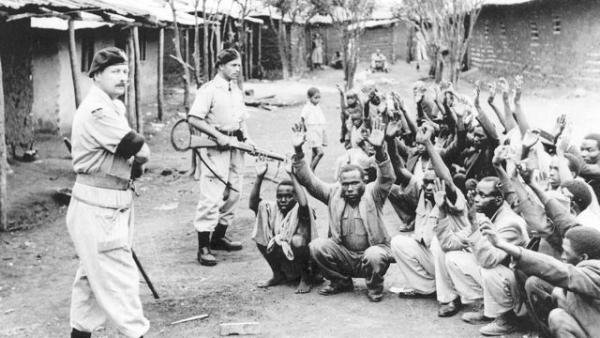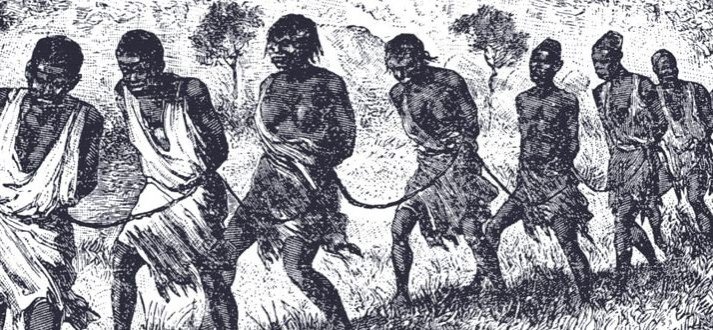Let us begin with the definition of the indirect rule system. What is indirect rule? It is a system of administration used by the British colonial government to govern the people through the use of traditional rulers and traditional political institutions. The indirect rule system was introduced into to Nigeria by Lord Fredrick Lugardwho was known to be the father of indirect rule in Nigeria.
However, the cultures and traditions of the people were respected and retained by the British authorities in order to make them more acceptable and welcomed by the people. This system worked out well due to the cooperation of the traditional chiefs who claimed that since their cultures and traditions were not tampered with, they have no problem dealing with the British officials, but this was to some extent.
It should be noted that the Indirect rule system was partially successful in the western part of Nigeria due to the check and balance system that existed in their political administration.
Later on, the Nigerian educated elites began to oppose the indirect rule for some reasons. They claimed that the British administration purposely used the uneducated traditional rulers who cannot question or oppose any decision of the British officials while the educated elites were not recognized and therefore can’t be involved in the administration.
As a result of this, nationalism sprang up among Nigerians and the demand for the liberation of the country was accelerated. Prominent figures like Herbert Macaulay, known as the father of nationalism, led campaigns against the British colonial government demanding the independence of the country which was later granted on the 1st of October 1960.
The British officials in Nigeria formulated and enforced policies and laws through the traditional rulers who only served as intermediaries between the people and the British government.
 Indirect rule in northern Nigeria was highly successful due to the structure of their pre-colonial political administration which was highly centralized and the existence of taxation system before the advent of the British. The Northern protectorate of Nigeria was divided into six provinces under a British official known as ‘Resident’. The provinces were then sub-divided into districts which was also headed by an official known as the district commissioner. The system was indeed a huge success in the north unlike the eastern part of Nigeria where it failed woefully. This was mainly because of their decentralized pre-colonial political administration and the introduction of the warrant chiefs who met the wrath of the easterners. The warrant chiefs were ruthless and high-handed in the process of executing their duties. When the taxation system was introduced into eastern Nigeria, the way it was man-handled by the warrant chiefs brought about the fear of women paying tax which later culminated in the Aba women riot of 1929.
Indirect rule in northern Nigeria was highly successful due to the structure of their pre-colonial political administration which was highly centralized and the existence of taxation system before the advent of the British. The Northern protectorate of Nigeria was divided into six provinces under a British official known as ‘Resident’. The provinces were then sub-divided into districts which was also headed by an official known as the district commissioner. The system was indeed a huge success in the north unlike the eastern part of Nigeria where it failed woefully. This was mainly because of their decentralized pre-colonial political administration and the introduction of the warrant chiefs who met the wrath of the easterners. The warrant chiefs were ruthless and high-handed in the process of executing their duties. When the taxation system was introduced into eastern Nigeria, the way it was man-handled by the warrant chiefs brought about the fear of women paying tax which later culminated in the Aba women riot of 1929.

In the first place, what were the factors that facilitated the introduction of the indirect rule system into Nigeria?
The British colonial government adopted this system due to the dearth of British personnel and insufficient funds. And also did the success of this system in other countries like India triggered its introduction into Nigeria.
Other reasons are: Language barrier, poor climate, selfish interest, i.e satisfaction of Britain’s economic needs, and so on.
The system was considered by some Nigerians as the path to political freedom and stability of Nigeria while others see it as a means of exploiting the nation.
I love this piece and has widen my knowledge in this spheres of history.
Indirect rule - the ruling of people via their aristocracy- Thats evil. Thank you for taking me back to my High School history. Its great to learn again this especially when the History is coming from a West African.
Hello there.. Av followed you.. Thank you for the upvote and comment
Well articulated history
Amazing article